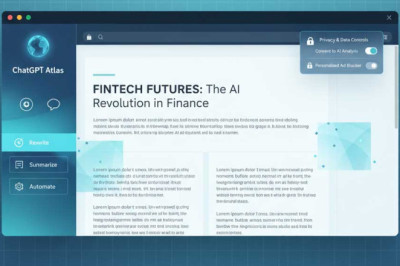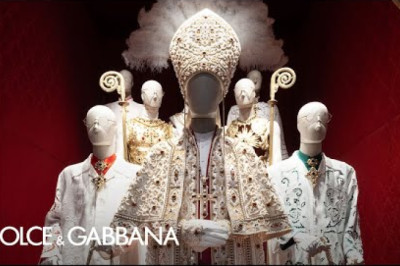
views
Why being too nice has its downside in the workplace
The Australian start-up ecosystem is too nice. Most of the time, nice is good. Nice is approachable and warm. Nice is collaborative; nice heart reacts to your promotion on LinkedIn.
But what is the shadow side of a nice ecosystem?
The pervasive pressure to be nice can have unintended consequences. I’ve seen it play out in a few ways. It can look like start-up investors not giving founders honest feedback about why they’re saying no to an investment - either for fear of upsetting the founders, or to create “optionality” to invest later.
This leads to diligent, intelligent founders being pin-balled from investor to investor, receiving vague and inconsistent feedback at each turn. Founders are deprived of an opportunity to improve their pitch, resolve issues with their business, or make a call about whether venture capital funding is the right path.
The pervasive pressure to be nice can have unintended consequences.Credit:afr
It can look like hiring managers neglecting to provide jobseekers with straightforward answers about why their applications were unsuccessful.
For a jobseeker, there’s nothing more deflating than a templated rejection email - especially after you’ve jumped through several hoops and invested time in preparing for rounds of interviews.
It can look like a lack of scrutiny on whether programs deliver on their objectives. It’s borderline heretical to question diversity and inclusion initiatives - but do we track whether they drive outcomes? Whether there’s duplication? Whether investment is going towards organisations with the strongest record of driving high-value initiatives?
Or like not holding individuals and companies accountable for walking their own talk. We celebrate virtue signals - are we willing to challenge hypocrisy or call out underdelivering on overpromises?
What are the consequences of an excess of niceness?
In a small ecosystem, many people are afraid of the consequences of speaking up - fearing that what they say will ripple back and undermine them down the line.
Inertia. Choked innovation. Learned helplessness. False narratives that, gone unchallenged, become accepted wisdom. Pleasant gatherings and polite applause followed by furious back-channel conversations and kangaroo courts held in small group chats.
A few times, I’ve bucked this trend and rocked the boat.
I’ve criticised the undervaluing of community management skills by an organisation that purports to be community-powered. I’ve called out token attempts to add diversity to boards. I’ve questioned whether programs for women in venture capital launched by senior leaders duplicated the grassroots efforts driven by more junior operators.
I do pick my battles. First and foremost - I only punch up. I call out high-status people, in revered positions. I always try to be respectful, reasonable, and constructive.
Every time I “go off” - a bunch of people message me: “Thank you for saying all the things we’re thinking, hissing under our breath, but don’t have the balls to say publicly.”
This is the problem. It shouldn’t be transgressive to call a spade a spade.
In effect, our culture of niceness silences those with the least social capital: those most fearful of losing their job or social standing; those with the least buffer to cushion any backlash for their transgression.
After all, in a small ecosystem, many people are afraid of the consequences of speaking up - fearing that what they say will ripple back and undermine them down the line. Not everyone can afford to take it on the chin.
So what’s my rallying cry? If you’re lucky enough to be in a position to - speak up. Be honest. Call out bullshit, hypocrisy, and vacuous grandstanding. Give people real feedback - the unvarnished truth - to show you respect their intellect and value their time.
Let’s stop being nice. Let’s show that we care. “Nice” is the opiate of an ecosystem that will stagnate.
Jessy Wu is an investment principal at AfterWork Ventures, a local early-stage venture capital fund. The views expressed are her own and do not necessarily reflect the views of her employer.
The Business Briefing newsletter delivers major stories, exclusive coverage and expert opinion. Sign up to get it every weekday morning.





















Comments
0 comment